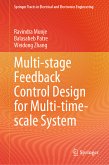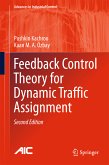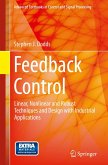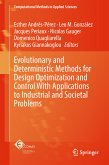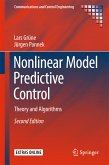This book provides a comprehensive study of multi-stage and multi-time scale design of feedback controllers for linear dynamic systems. It examines different types of controllers as can be designed for different parts of the system (subsystems) using corresponding feedback gains obtained by performing calculations (design) only with subsystem (reduced-order) matrices.The advantages of the multi-stage/multi-time scale design are presented and conditions for implementation of these controllers are established. Complete derivations and corresponding design techniques are presented for two-stage/two-time-scale, three-stage/three-time scale, and four-stage/four-time-scale systems. The techniques developed have potential applications to a large number of real physical systems. The design techniques are demonstrated on examples of mathematical models of fuel cells, especially the proton exchange membrane fuel cell.
- Explains how different types of controllers can be designed for different parts of the system (subsystems) using feedback gains obtained by calculations (design) with only subsystem (reduced-order) matrices;
- Illustrates a reduction of computational requirements because all numerical operations are done with matrices of the reduced-order corresponding to the subsystems;
- Details how very accurate computations are performed with well-conditioned lower-order matrices;
- Discusses steps to facilitate robustness and reliability as well as improved feedback control loop security, important for cyber physical systems.
Dieser Download kann aus rechtlichen Gründen nur mit Rechnungsadresse in A, B, BG, CY, CZ, D, DK, EW, E, FIN, F, GR, HR, H, IRL, I, LT, L, LR, M, NL, PL, P, R, S, SLO, SK ausgeliefert werden.



